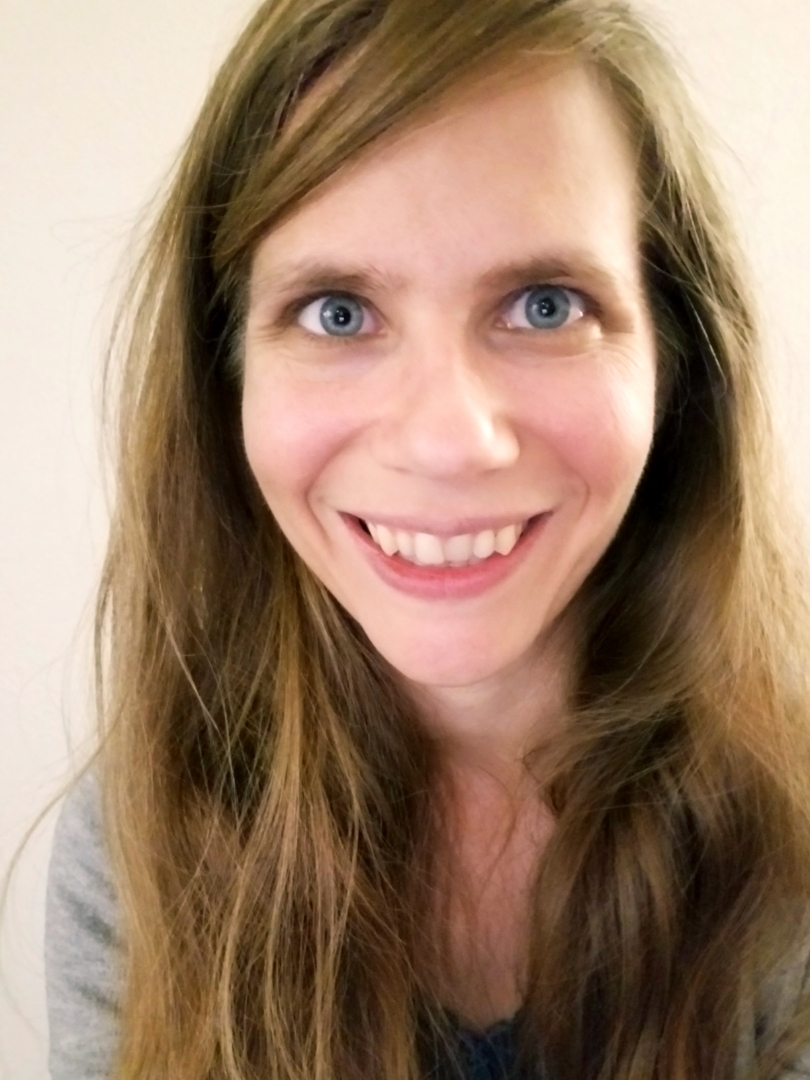ISSN: 1941-4137
POETRY THAT ENACTS THE ARTISTIC AND CREATIVE PURITY OF GLASS
POETRY THAT ENACTS THE ARTISTIC AND CREATIVE PURITY OF GLASS

Katherine Hoerth is an assistant professor of English at Lamar University and editor-in-chief of Lamar University Literary Press. In 2015, she won the Helen C. Smith Prize for the best book of poetry in Texas for Goddess Wears Cowboy Boots. Her work has been published in journals such as Valparaiso Review, Summerset Review, and Southwestern American Literature. In 2020, her fourth poetry collection, Borderland Mujeres, will be released by SFAU Press. The book is a collaborative, bilingual collection of poetry and art created with poet Julieta Corpus and artist Corinne McCormack Whittemore. Katherine is a member of the Texas Institute of Letters and lives in Beaumont.
Previously in Glass: A Journal of Poetry:
Pecos Bill, Awaiting Sue's Return
The Day Before Another Apocalypse
The lawn, with streaks of yellow, pined.
The sky wore a scar of contrails on its forehead,
but otherwise looked innocent. The sun
beamed with the crooked smile of a liar.
On that day, a raindrop still meant life,
the summer beach a place of joy and respite,
the earth a loving mother whom I trusted.
That quiet afternoon, the sky would harden
into slate as children ran through backyard
sprinklers to escape the Texas heat.
Dogwood flowers drifted to the sidewalks.
Women sunbathed in the slants of light
as that star began its slow descent.
Seagulls rode a current inland, smarter
than us who chose to stay, ignore the warnings
etched like frown lines on her face, the slitting
of her azure eyes. Now looking back,
sepia drenches all those memories
on the other side of our Armageddon.
I wonder what it felt like in Pompeii,
the day before the world became a graveyard
of ash. Did quiet gardens bloom? Did summer
seem to laze on like it always does?
Did anyone smell burning in the air?
On the Texas gulf coast, we’re acutely aware of the fragility our world. In my three years living in this region, I’ve experienced two five-hundred-year floods, a chemical plant explosion that necessitated the evacuation of the entire city, and now, we’re all facing the global pandemic of COVID-19 together. It seems our worlds are always coming to an end but somehow, life goes on, obliviously or perhaps in defiance. I wrote this poem on the heels of Hurricane Harvey and while dealing with a personal health scare. I was also thinking about all the times throughout history our ancestors had to deal with disasters, wars, and plagues that must have also felt apocalyptic. It seems like the world (our collective one, our personal one) is always on the edge Armageddon, and that’s at once scary and exhilarating. This tension is what it means to be alive. It’s the ineffable stuff of poetry.
Glass: A Journal of Poetry is published monthly by Glass Poetry Press.
All contents © the author.
All contents © the author.





